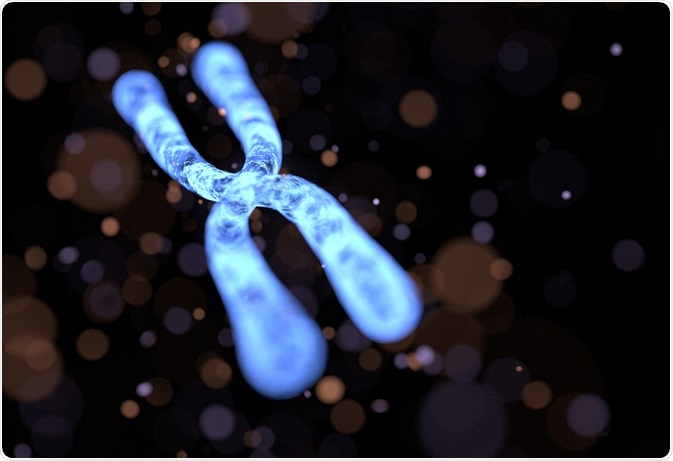– Rev José Mario O. Mandía
Sacred Scripture tells us about how, in a span of six days, God created the visible world. CCCC, no 62 (cf CCC 337-344) explains that “Through the account of the ‘six days’ of creation Sacred Scripture teaches us the value of the created world and its purpose, namely, to praise God and to serve humanity. Every single thing owes its very existence to God from whom it receives its goodness and perfection, its proper laws and its proper place in the universe.”
Does this mean that there is no such thing as evolution? Not necessarily. Before he became Pope, Cardinal Ratzinger (In the Beginning: A Catholic Understanding of the Story of Creation and the Fall) wrote: “We cannot say: creation [only] or evolution [only], inasmuch as these two things respond to two different realities.”
Regarding creation, he explained, “The story of the dust of the earth and the breath of God, which we just heard, does not in fact explain how human persons come to be but rather what they are. It explains their inmost origin and casts light on the project that they are.”
As for evolution, he said that it “seeks to understand and describe biological developments. But in so doing it cannot explain where the ‘project’ of human persons comes from, nor their inner origin, nor their particular nature.”
Thus, he concluded: “To that extent we are faced here with two complementary – rather than mutually exclusive – realities.”
On October 27, 2014, Pope Francis issued a statement at the Pontifical Academy of Sciences that “Evolution in nature is not inconsistent with the notion of creation.” He further explained that God “[God] created beings and allowed them to develop according to the internal laws that he gave to each one, so that they were able to develop and to arrive at their fullness of being. He gave autonomy to the beings of the universe at the same time at which he assured them of his continuous presence, giving being to every reality. And so creation continued for centuries and centuries, millennia and millennia, until it became what we know today, precisely because God is not a demiurge or a magician, but the creator who gives being to all things. …The Big Bang, which nowadays is posited as the origin of the world, does not contradict the divine act of creating, but rather requires it. The evolution of nature does not contrast with the notion of creation, as evolution presupposes the creation of beings that evolve.”
The Church, however, maintains the doctrine expounded by Pope Pius XII in his encyclical Humani generis (1950), where the Roman Pontiff declared that the “Church does not forbid that … research and discussions, on the part of men experienced in both fields, take place with regard to the doctrine of evolution, in as far as it inquires into the origin of the human body as coming from pre-existent and living matter.”
Nevertheless, he made it clear that (1) the soul of man is directly created by God – it cannot evolve from matter because it is spiritual; and (2) all men came from Adam and Eve (monogenesis) who transmitted original sin to all mankind.
At the end of the six days, Genesis 2:2-3 narrates that “on the seventh day God finished his work which he had done, and he rested on the seventh day from all his work which he had done. So God blessed the seventh day and hallowed it, because on it God rested from all his work which he had done in creation.”
Saint John Paul explained that it does not mean that God took a nap at the end. “It would be banal to interpret God’s ‘rest’ as a kind of divine ‘inactivity.’ … It speaks, as it were, of God’s lingering before the ‘very good’ work (Genesis 1:31) which his hand has wrought, in order to cast upon it a gaze full of joyous delight. This is a ‘contemplative’ gaze which does not look to new accomplishments but enjoys the beauty of what has already been achieved” (Dies Domini, 1998). Thus, in the same way that we we imitate God’s work, we also imitate his rest: we contemplate the work that He has done.


 Follow
Follow


